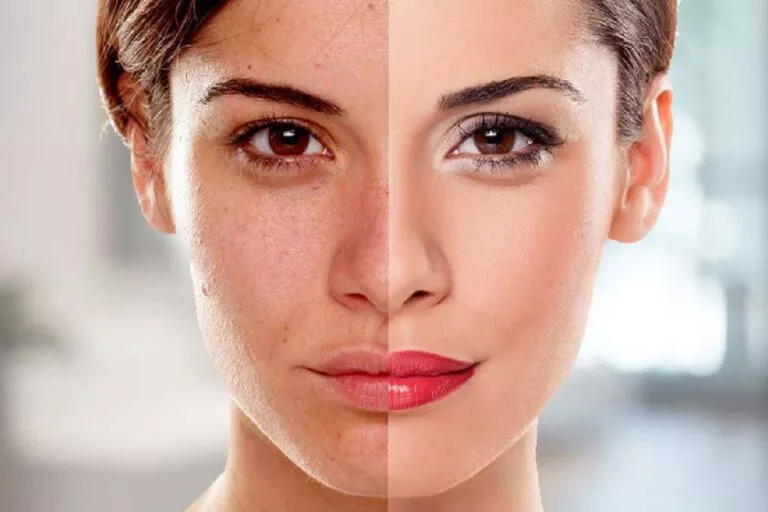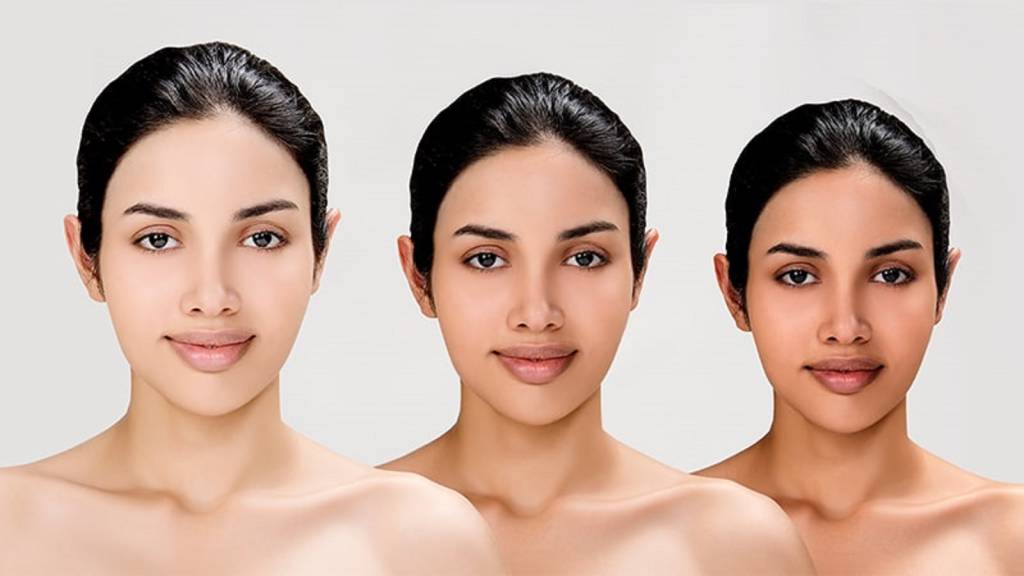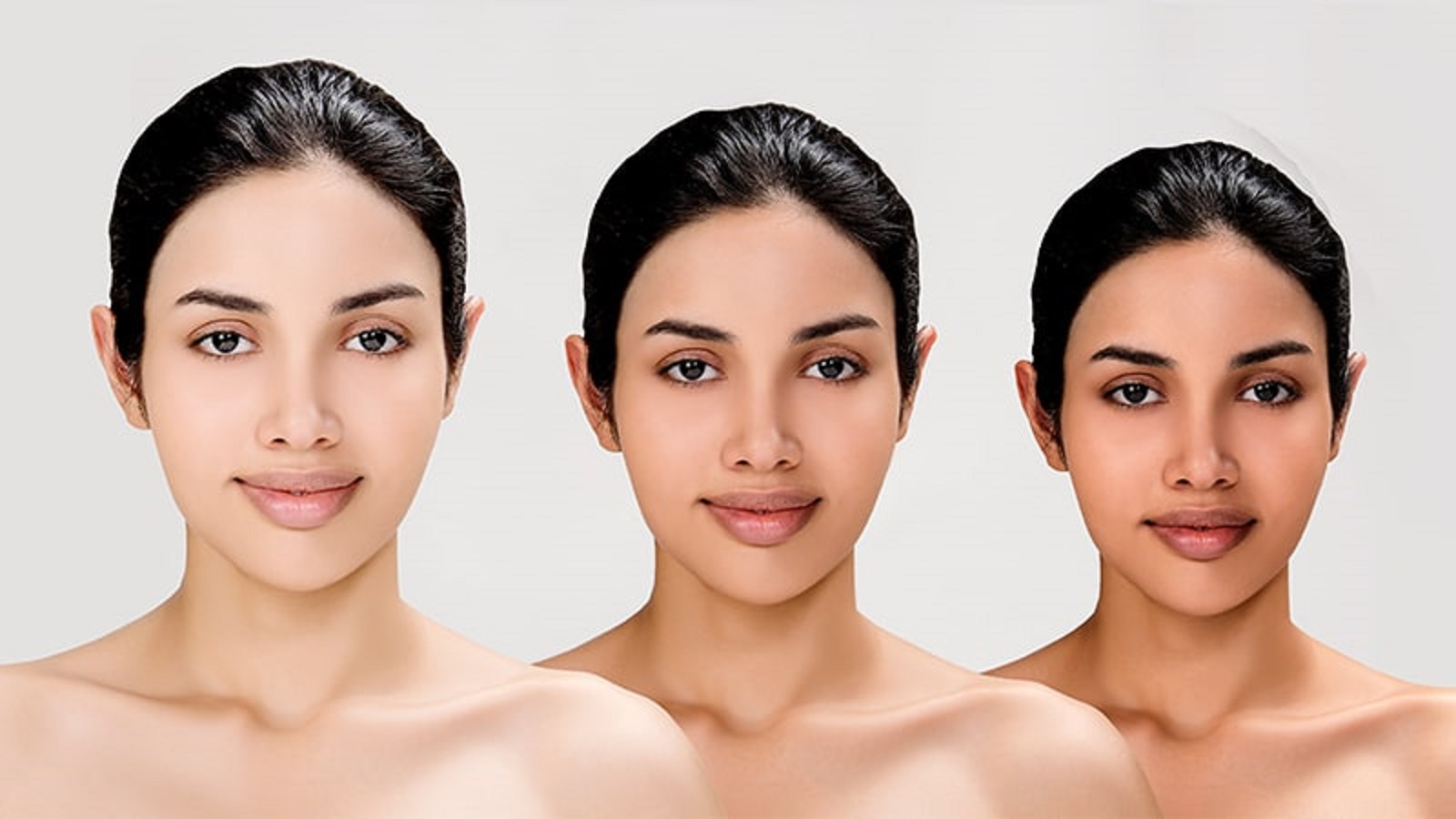Skin whitening, also known as skin lightening or skin bleaching, refers to the use of substances or treatments to lighten the skin tone or reduce the appearance of hyperpigmentation. It’s important to approach skin whitening safely and responsibly, as there can be risks associated with certain methods. Here are some common methods and considerations:
Common Methods of Skin Whitening:
- Topical Creams and Serums:
- Hydroquinone: A widely used ingredient that inhibits melanin production. It is effective but should be used under medical supervision due to potential side effects.
- Kojic Acid: Derived from fungi, kojic acid inhibits melanin production and is often used in skincare products for its skin-lightening properties.
- Arbutin: Extracted from plants like bearberry, arbutin also inhibits melanin production and is used in skincare products for its skin-brightening effects.
- Vitamin C: Ascorbic acid (vitamin C) is an antioxidant that can help reduce melanin production and improve skin tone.
- Chemical Peels:
- Superficial to medium-depth chemical peels containing ingredients like glycolic acid, salicylic acid, or trichloroacetic acid (TCA) can exfoliate the skin and reduce pigmentation over time.
- Laser Treatments:
- Fractional Laser: Targets specific areas of hyperpigmentation to break down pigment and stimulate collagen production for smoother and more even-toned skin.
- Q-switched NdLaser: Specifically targets melanin in the skin and is effective for treating pigmented lesions.
- Microdermabrasion:
- This procedure exfoliates the outer layer of the skin, improving skin texture and reducing the appearance of pigmentation.
- Natural Remedies:
- Some natural ingredients like licorice extract, mulberry extract, and niacinamide (vitamin B3) are known for their skin-lightening properties and are used in skincare products.
Considerations:
- Consultation: It’s crucial to consult with a dermatologist or skincare professional before starting any skin whitening treatment. They can assess your skin type, discuss your goals, and recommend the safest and most effective treatment plan.
- Safety: Certain ingredients, such as hydroquinone, can cause side effects like irritation, redness, and even ochronosis (a bluish-black discoloration of the skin). Long-term use of high-dose hydroquinone can also lead to adverse effects, so it should be used cautiously and under medical supervision.
- Sun Protection: Protecting your skin from UV radiation is essential, as sun exposure can worsen hyperpigmentation and counteract the effects of skin whitening treatments. Use sunscreen daily with SPF 30 or higher, wear protective clothing, and avoid prolonged sun exposure.
- Realistic Expectations: Skin whitening treatments can improve skin tone and reduce hyperpigmentation, but complete skin color change is not realistic or advisable. Embrace your natural skin tone and focus on achieving healthy, radiant skin.
- Consistency: Many skin whitening treatments require consistent use or multiple sessions to see noticeable results. Follow your skincare professional’s recommendations and be patient with the process.


It’s important to prioritize skin health and safety when considering skin whitening treatments. Working with a qualified professional ensures that you receive personalized care and achieve the best possible outcomes while minimizing risks.

